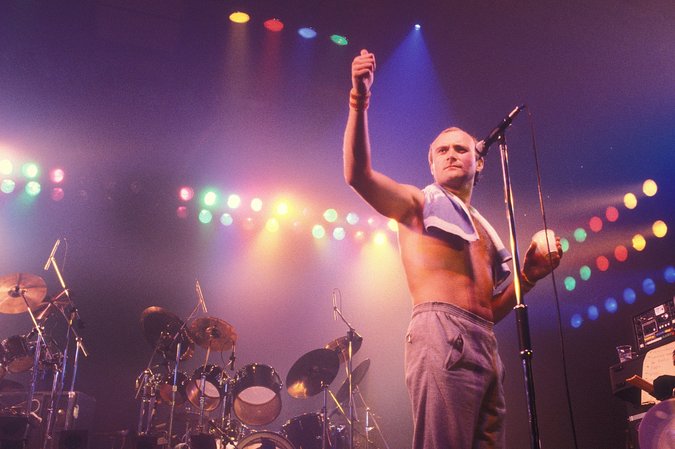Phil Collins’ personal life is practically public domain material. With such albums as Face Value and Both Sides, and hits the likes of Against All Odds and In The Air Tonight, he has laid his soul bare in order to become one of the most successful artists of his generation. It was however, that debut album, Face Value, which defined the 80s and revealed that, despite being intensely personal, the best Phil Collins songs would have the power to resonate with fans around the world.
Listen to Face Value here.
“Battered by the breakdown in my marriage”
Released on 13 February 1981, Face Value was the result of two major life events for Collins: the demise of his first marriage, with childhood sweetheart Andrea Bertorelli, and a long-overdue hiatus from touring with his band Genesis. In April 1979, after a failed attempt to salvage things with Bertorelli, Collins returned to his empty country home, Old Croft, in Shalford, Surrey, where he reconfigured the marital suite into a home studio set-up.
Collins ditched the drum kit to make room for his great aunt’s vintage 1820 piano, and brought in the brand-new Roland CR-78 drum machine. In addition to these key pieces of gear, Collins also began playing with a Fender Rhodes piano and the iconic Prophet-5 synth, whose sound would define In the Air Tonight. For a handful of months, he started working through his feelings, committing them to eight-track reels.
The sessions proved productive as Collins laid down the basic demos for everything that would appear on Face Value, plus a few more songs – among them Against All Odds – which he reserved for later solo projects. As he wrote in his 2016 autobiography, Not Dead Yet, “If I see the desk meters moving, and I can hear something play back, I’m happy. It means I’ve actually managed to record something. At this stage it doesn’t really matter what.” But he was forced to put the work to one side through the end of 1979 and into the new year, in order to record and support the release of Genesis’ tenth studio album, Duke. Finally returning to the demos in the summer of 1980, Collins had a chance to take stock of what he’d recorded.




